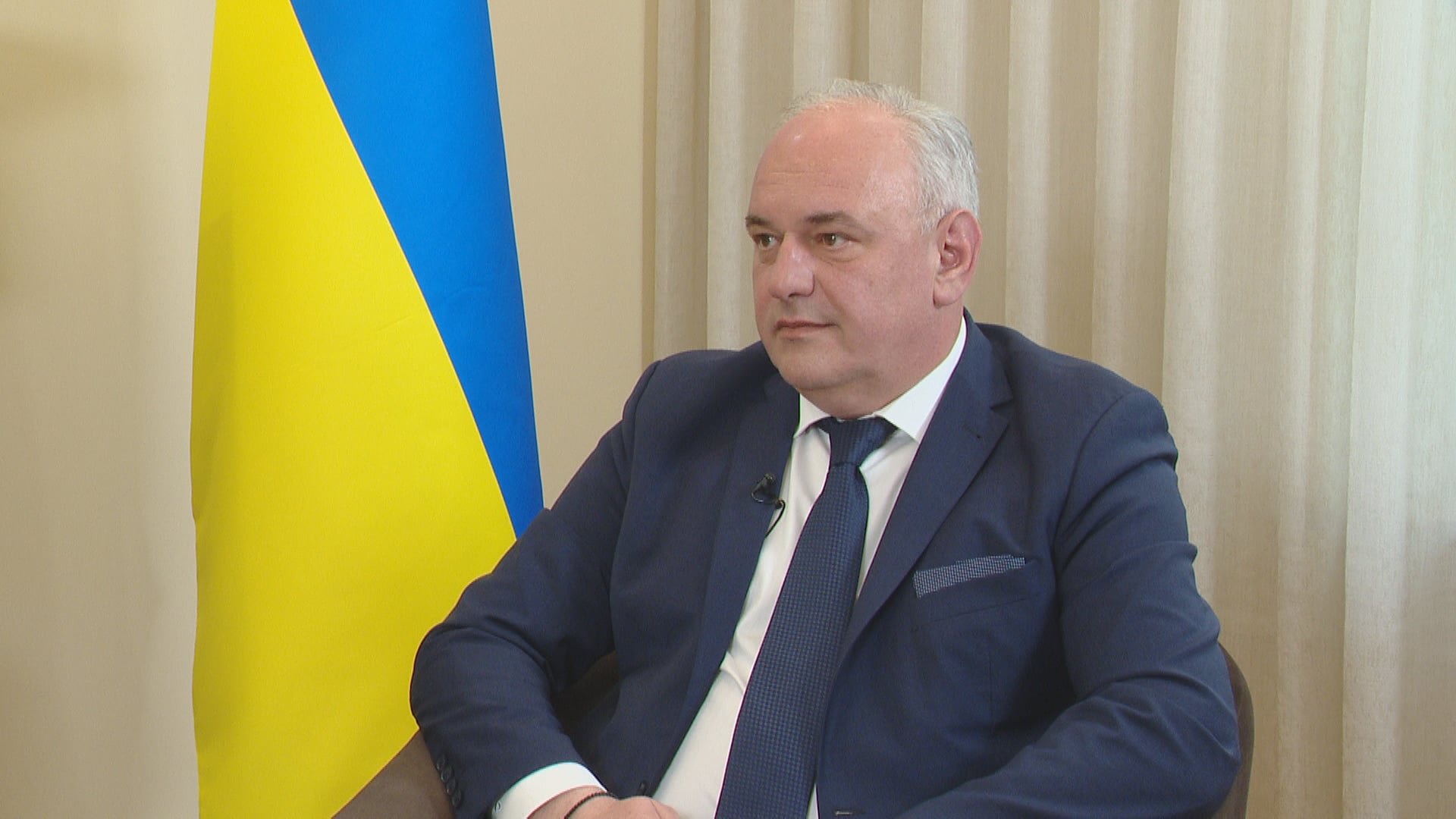
I would like to start with some general questions: how do you see the ideal relationship between Ukraine and Moldova? And how should we perceive the Republic of Moldova?
First of all, we are partners. I would even say strategic partners, although this partnership has not yet been formalised legally. Both Ukraine and the Republic of Moldova play a very important role in our region. The most important thing that unites us today is our common foreign policy priorities. First and foremost, this concerns the integration of Ukraine and Moldova into the European Union. This is our foundation, from which many joint projects that we are already implementing originate. And I am convinced that this list will only expand in the near future.
In your experience, both here and more broadly in the region, how tangible is this strategic partnership and good neighbourliness? Is it mutual, or perhaps not always?
It is mutual.
But we can see that a certain part of the population is still frustrated.
Yes, and this is indeed a problem for the Republic of Moldova. Because a certain part of the electorate and the population in general has a different position. But, as the elections showed, they are not in the majority. When Moldovan citizens voted, we saw the result: more than 50% cast their votes for the pro-European Party of Action and Solidarity, the pro-presidential party. This is a clear signal: the majority of the population is focused on Moldova's future as part of the big European family.
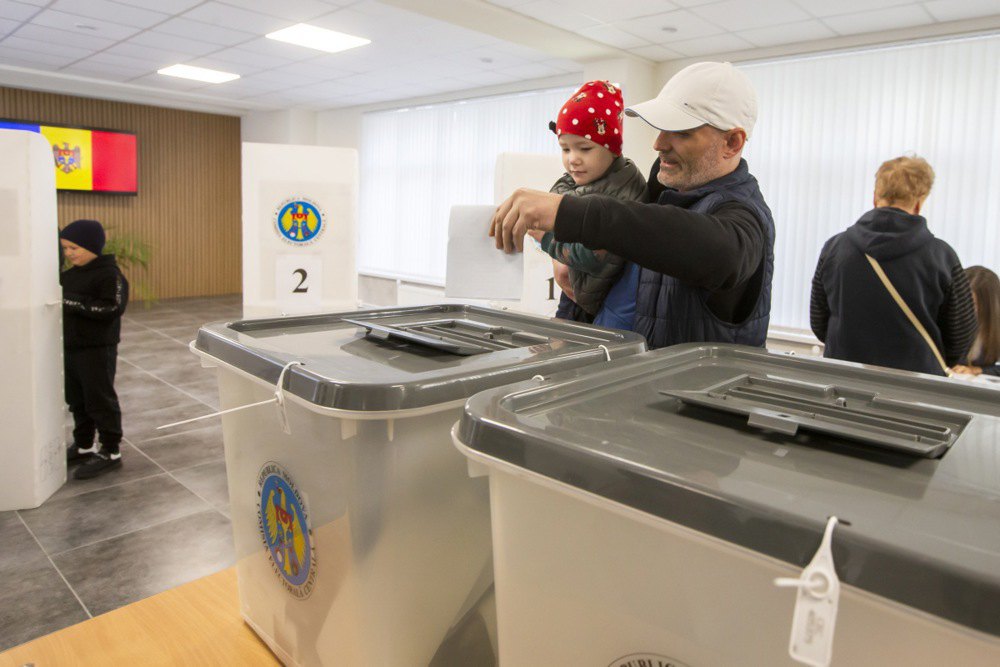
Then let me clarify: how has the attitude towards Ukraine changed since the start of the full-scale invasion?
Let me put it this way. Since the very beginning of the large-scale invasion, and even since 2014, we have felt consistent political support from the leadership of the Republic of Moldova. This support has been evident both in bilateral relations and on international platforms. There has not been a single international initiative in support of Ukraine in this war started by Russia that Moldova has not joined. Some may perceive this as a more formal gesture, but for us, political support in the international arena is of great importance. Of course, Moldova is a small country. But I always say: it is big in terms of its people and their solidarity.
It is a neighbouring country and strategically important for us. Politically, we have always felt the support and consistent backing of the official Chisinau. As for civil society, you have probably seen for yourselves: as soon as Russia's large-scale aggression against Ukraine began, the Republic of Moldova opened not only its borders but also its hearts to our community.
This is evidenced by the fact that today, according to various sources, about 160,000 Ukrainian citizens who were forced to leave their homes are staying in the Republic of Moldova. And the state has taken on the responsibility of providing them with the conditions they need to live: the opportunity to find employment and, for children, to go to school. This is extremely important work, and I bow my head to this gesture of solidarity.
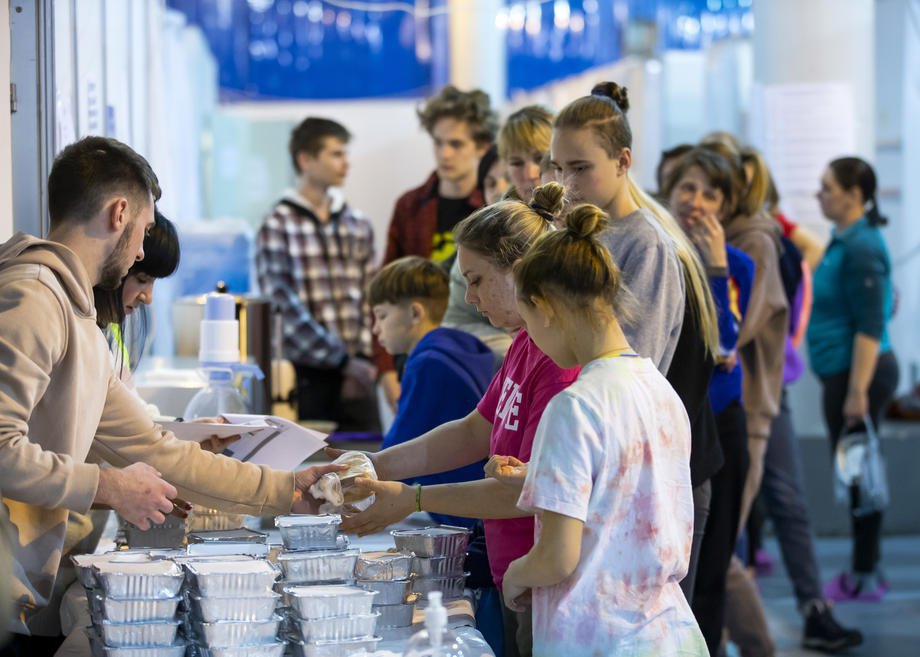
Now, in the context of Ukraine and Moldova's European ambitions, there is a lot of discussion in Ukraine about the possibility of these paths diverging. Perhaps this will happen sooner or later – not necessarily in a negative or positive way – but this hypothesis is currently circulating widely in the media. How do you assess the Moldovan authorities' position on this issue?
I have read a lot – a lot of speculation, a lot of comments, a lot of opinions. But I proceed from the fact that Moldova has repeatedly stated, and just recently the President of the Republic of Moldova confirmed, that Moldova is moving in tandem with Ukraine towards the European Union. Both countries have been granted candidate status and have practically completed the screening process. I am more than confident, especially given the results of the recent elections, that we will move forward.
Of course, at a certain stage, there will be an individual approach to each country – we have already seen such examples in Romania and Bulgaria: at the final stage, each state is technically assessed separately. But politically, we are moving forward together, and none of the official factors in Moldova support the idea of so-called ‘decoupling’ or disconnection.
You mentioned Romania. The Vice-President of the European Parliament from Romania, Nicolae Ștefănuță, recently said that the time has come when it would be fair for countries to go their separate ways. In Ukraine, this would be perceived as painful right now. How can we find common ground, given that Romania will obviously support an individual approach to Moldova?
Romania is already in the EU, Moldova is heading there – there is political leadership and political decisions. I will repeat once again: there are statements and assurances that we are moving forward together. If the elections in Moldova had turned out differently, the scenario could have been different: Ukraine would have continued on its path, but Moldova probably would not have. That is why we support each other. Our partners have different approaches, but as of today, we are talking about a tandem: Ukraine and Moldova are moving towards the negotiation process together.
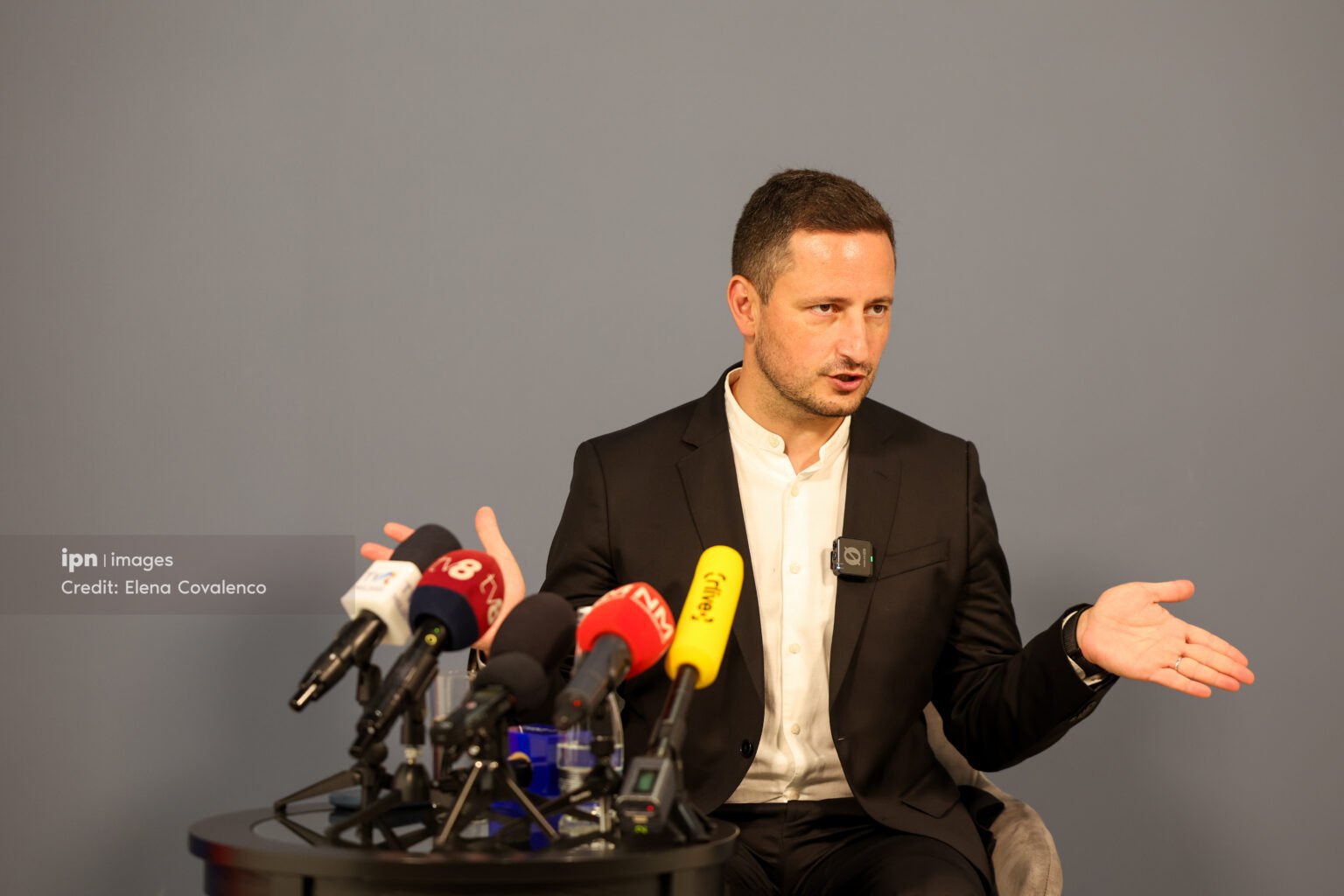
Another complex issue is the Ukrainian community in Moldova. I am observing a powerful campaign to demonise Ukrainians themselves, who, allegedly, vote ‘incorrectly.’ Why does Kyiv not work with Chisinau and demand respect for the rights of national minorities, as Romania or Hungary do? Instead, we often blame people who vote ‘wrong’.
First of all, it is important to understand that Soviet policy, which was similar to that of the Russian Empire, was pursued for a long time and consistently with the aim of ‘denationalising’ peoples – creating a ‘new man’, a Soviet personality. Both Ukraine and Moldova experienced this. So today, there are segments of the population in Moldova that have retained Soviet ideals — a direct consequence of historical policy. Many people are still in a ‘time capsule’ and have not yet understood that the Soviet Union no longer exists; the point of no return has been passed. This prevents them from seeing the realities of the future – a world with democracy, freedom, opportunities for development and prosperity.
Ukrainians have the right to their own opinion and position. The problem is more complex than in the case of Romania or Hungary. I have travelled extensively throughout the regions of Moldova where indigenous Ukrainians live and have drawn the attention of the leadership to key issues, primarily education. Unfortunately, in many settlements, education for Ukrainians is still conducted in Russian. But education is the foundation: it preserves language, culture and spirituality. I feel that the Moldovan authorities understand this, and we have work to do together. This will not be resolved in a month or two, but there has been some progress: classes are opening, but this is not enough yet.
Ukraine has supported and continues to support its citizens in Moldova, even while we are at war. Every state has international obligations to protect national minorities – in terms of education, culture, religion and language. I hope that in the coming years we will see the opening of Ukrainian kindergartens and schools in Moldova. Sometimes people say that people ‘do not want’ to study in Ukrainian – the problem is not in desire, but in creating conditions so that people feel that these opportunities are being created for them.
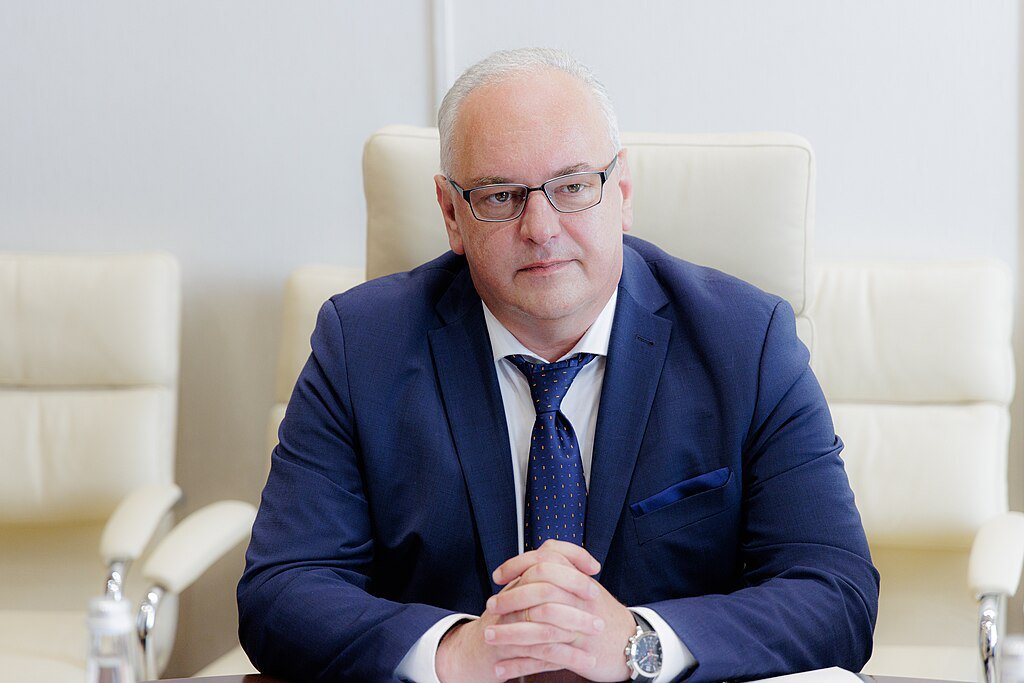
You have extensive experience communicating with the de facto leaders of Transnistria. We often discuss why the Ukrainian ambassador meets with Krasnoselsky – whether it is necessary or not. How do you personally assess the mood of the de facto elite?
First, we need to dot the i's and cross the t's. Before making any assessments, it is worth taking a closer look at what is happening. There is a Transnistrian settlement process in the ‘5+2’ format, which is effectively inactive but still exists. Ukraine is a participant in this format. The parties to the negotiation process are Transnistria and Chisinau; Ukraine, the OSCE and, unfortunately, Russia are mediators; the EU and the US are observers. Legally, we are participants in the process, and in this context, Ukraine has a special representative who works in this format. Until February 2025, I performed this function in the Ministry of Foreign Affairs, and now, as Ukraine's representative in Moldova, I continue to work within the framework of this policy.
We believe that the ‘5+2’ format needs to be reformatted due to the role of the Russian Federation in it; we do not see the possibility of further participation of the Russian Federation in this format. Unfortunately, there is no other format at the moment, so Ukraine is using its legal status to promote its policy towards the region. Therefore, in order not to leave a vacuum, both the special representative and the ambassador have the right and the need to meet.
You often meet with the de facto leaders of Transnistria — what emotions accompany such meetings? For example, you meet after the massive shelling in Kyiv. Did Krasnoselsky express any sympathy to you?
It is important to understand that my goal is to conduct dialogue in the interests of Ukraine, to defend Ukrainian interests in this arena. I do not meet with Krasnoselsky because I like him personally. During the large-scale invasion from the Transnistrian region, there were no large-scale provocations or serious attacks against Ukraine, so the situation there has its own peculiarities.
We are human beings, and when we communicate informally, emotional reactions sometimes arise. I have not met people from our region who openly say that killing people is good, with the exception of Russian politicians, who sometimes express such views.
And if we look at the beginning of Russia's large-scale invasion of Ukraine, there were no serious provocations or large-scale attacks from the Transnistrian region from the very beginning.
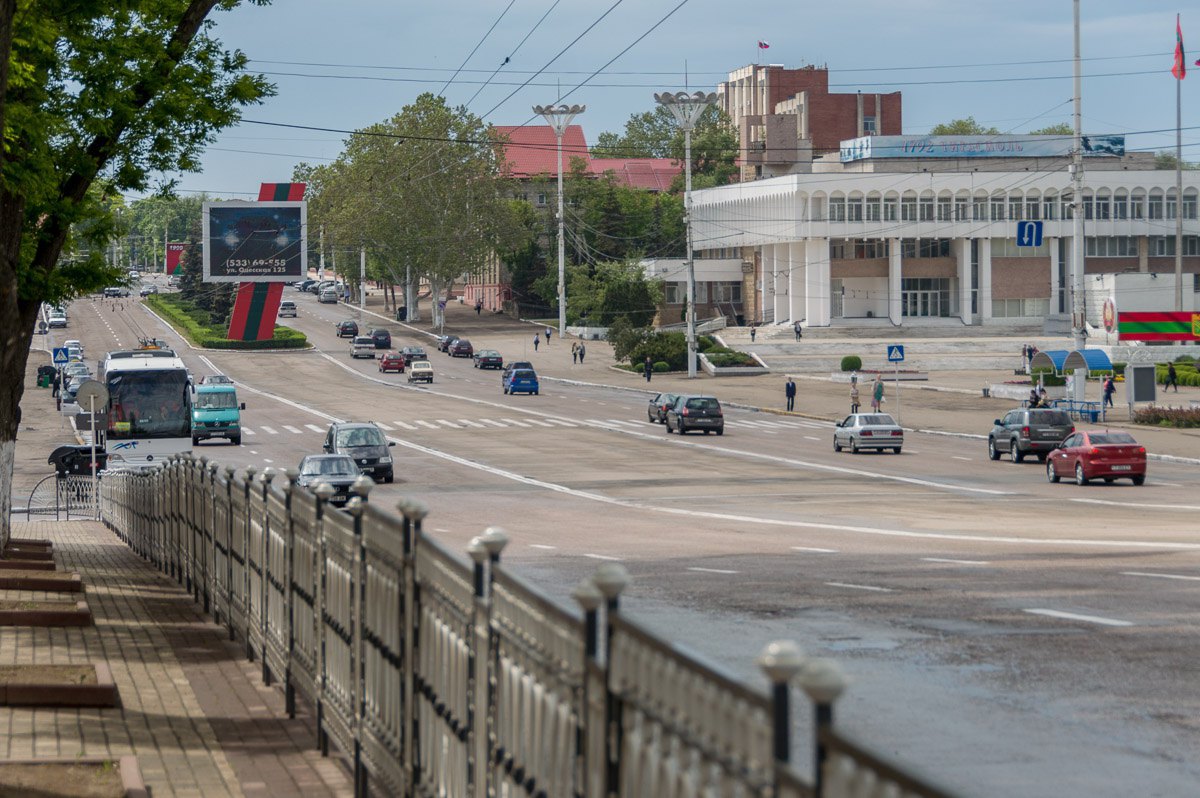
It's noticeable, even the propaganda has been toned down...
Yes. It's work, and it can't be done in five minutes. You have to work, meet, talk – that's the essence of it. As for Krasnoselsky, he studied in Ukraine, so there are certain personal ties, but my meetings are based on professional necessity and the desire to avoid a vacuum in the dialogue on resolving the issue.
Half of the Transnistrian leaders studied in Ukraine.
Therefore, like any person, he expressed sympathy and, to a certain extent, understanding of our position. But that's not the point: I didn't go to him to resolve specific state issues unilaterally. Without coordination with official Chisinau, we did nothing and are doing nothing – Transnistria is part of the Republic of Moldova, and we are participants in the negotiation process, so we must coordinate our actions.
And by the way, our position on the participation of the Russian Federation in this format – that Russia has no right to be in it – is supported by the majority of participants in the negotiation process. Unfortunately, Russia has been and remains in it for over 30 years.
And when you start to look into it deeply, you come to understand that the reason for the protracted situation lies in Russian policy. This conflict was initiated and planned by Russia. The goal is not to help people, but to consolidate its own geopolitical interests in the region and prevent it from developing in the direction desired by the state. This is what happened in Georgia, and this is what happened here in Moldova.
And since Moldova is a candidate for EU membership and the negotiation process has already begun, the European Union has a special role to play in balancing this process. But, I repeat, much will depend on Moldova's position – it is the main factor in this process. We will not change our position on the format – it needs to be reformatted.
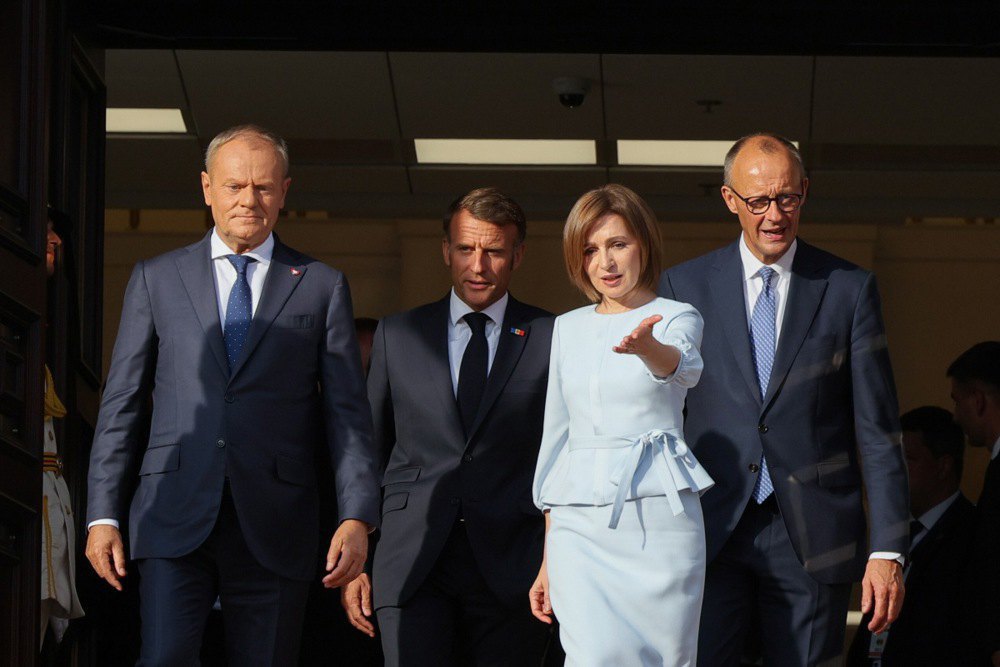
Do you monitor whether Russia recruits Ukrainian citizens into its quasi-structures (in Transnistria)?
The Russian special services are very powerful, and I think that this practice exists. Many people have two or three passports, sometimes including a Russian one. Those who register with our consulate inform us of the presence or absence of a Russian passport. In any case, we know them as citizens of Ukraine and do not see any aggression or hostility towards Ukraine on their part.
Moldova often says that there are ‘1,500 Russian troops’ in Transnistria and that, if necessary, ‘they will go to war.’ But we know from experience in Donbas that Russia will not ask anyone in such a case...
I divide them (the military in Transnistria – ed.) into two categories. There are Russian troops – the so-called limited contingent of Russian forces – and there are illegal military formations that call themselves ‘Transnistrian’. We consider the latter to be illegal military formations: Transnistria is not a subject of international law, so what is happening there has no legal basis. In 1999, Russia undertook to withdraw its troops from there.
That contingent of Russian troops was used, among other things, under the cover of the so-called ‘peacekeeping mission’. We believe that the peacekeeping format should be transformed into a civilian mission under the auspices of an international organisation, because Russia has effectively monopolised this track. We acted as observers, but withdrew from the format immediately after the start of large-scale aggression. In our opinion, the withdrawal of Russian troops is key to the rehabilitation of the region, and the demilitarisation of Transnistria is one of the main conditions for a peaceful and effective settlement.
To say whether there are many or few of them... I take a different approach: there are people who have weapons at their disposal, and that is already bad, regardless of their passport. Especially when it comes to the so-called troops in Transnistria – these are illegal formations. Any uncontrolled military group under Moscow's control can pose a potential threat to us. That is already a danger. Whether it is one person, two or three.
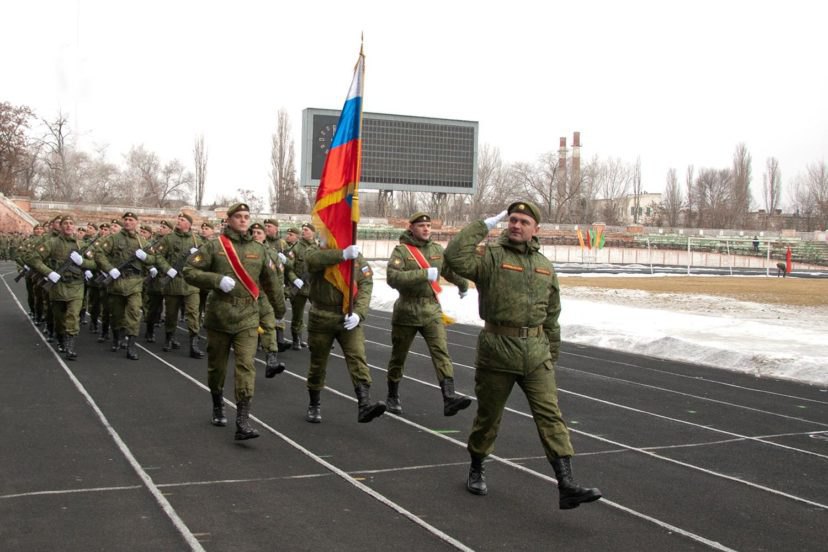
And it doesn't matter what passport she has...
Absolutely. This is a person with a weapon. Especially when it comes to the so-called troops in Transnistria. As for threats to Ukraine: any uncontrolled armed group on the territory of Moldova that is subordinate to Moscow poses a potential danger to us. That is why we have strengthened the protection of our border, specifically in the Ukrainian-Moldovan section adjacent to Transnistria.
We have closed all the checkpoints that were operating there and implemented a number of additional measures, which I cannot discuss publicly. They give us the tools we need for protection. Our military confirms that today we have sufficient capabilities to protect our interests and our state. Incidentally, this was one of the main topics of our contacts, including with the de facto leadership of this region. And they understood that they need to be very careful.
Seriously speaking, the results of the elections in Moldova give grounds for some optimism. Previously, the main task was to prevent radicalisation and successfully hold elections under intense pressure from Moscow. Now, real opportunities for concrete steps are opening up for Chisinau, including with regard to reintegration. We always talk about Krasnoselsky and the clans. But they are not the majority. There are also the people.
The people may find themselves in the basement.
There are the people, there is civil society, and we need to work with them.
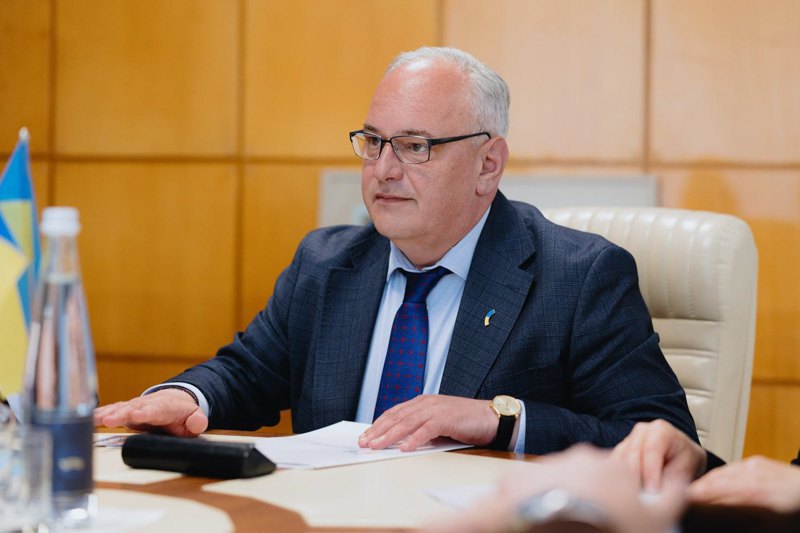
And what about Viktor Pleshkanov, a resident of Transnistria, who ended up ‘in the basement’ because of the Ukrainian flag?
He was released. And not only him. In the course of our communication, we had some success, in particular, the release of both Ukrainian and Moldovan citizens.
But it is difficult to be a civil society if you are thrown into a ‘basement’ for hanging a flag.
Yes, absolutely. There is a kind of totalitarian regime there, completely controlled by clans. That is why we need to work with people so that they themselves come to the conclusion that they have the right to speak out and not live under the boot of Russian puppets. It is difficult, very difficult. But we have to work on it. And there is interest in this in Chisinau, in Ukraine, and among our other partners.
Regarding drones in Transnistria. Last year, the Romanians detained a shipment of materials for the production of drones from Belarus, which was headed for Transnistria. Shevchenko University there announced training courses for drone operators. And statements were made at the highest level even before the elections. Are you monitoring these processes? How much of a threat is this?
There are many government agencies involved in monitoring, especially during the war. I cannot comment on statements made by Romanian or Moldovan politicians, let alone the President of Moldova. If the president says something, it means there are grounds for it.
As for our diplomatic work, we have not received any information that large-scale production for the needs of the Russian Federation is being developed in Transnistria. Perhaps, anything is possible. But I don't have any facts at my disposal right now. We are monitoring the situation, we see certain trends, and the task of diplomats is precisely to record and signal in a timely manner that this cannot be done.








